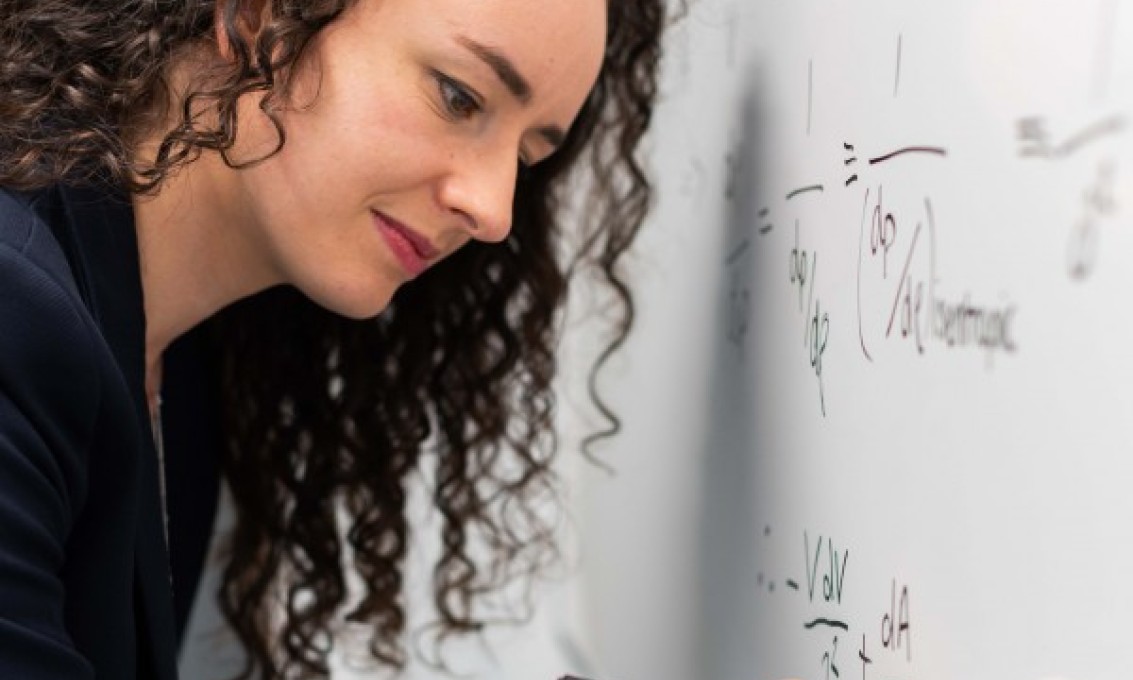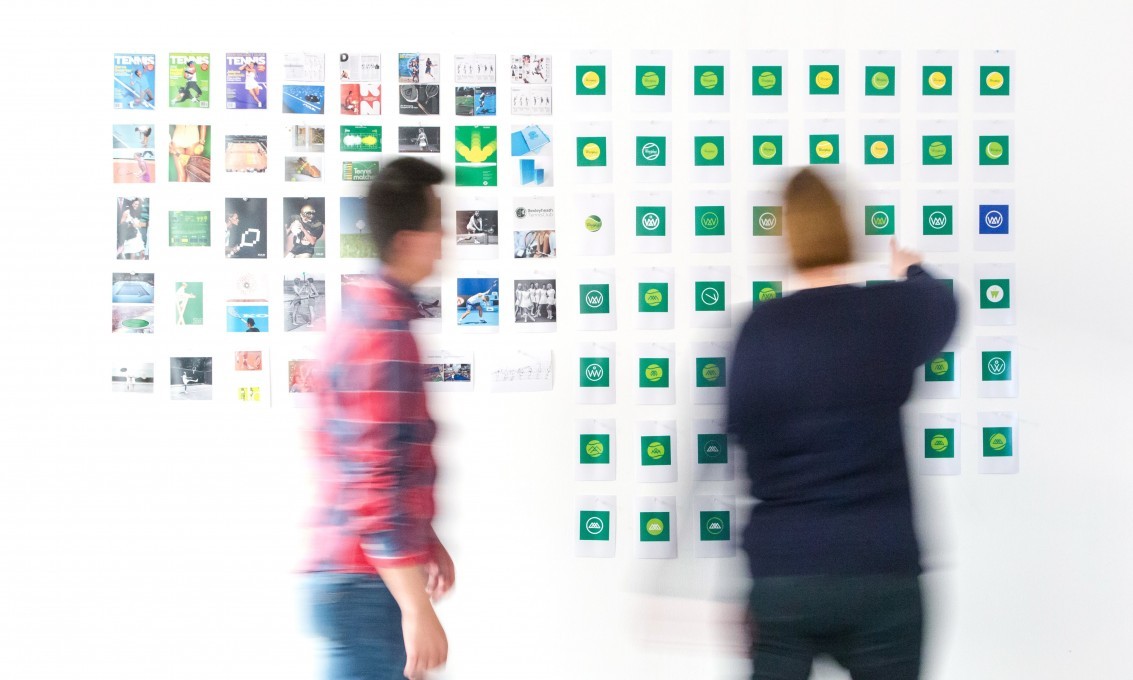Einar Øglænd Torjusen took a master's degree in Business Administration at the University of Stavanger Business School.
Age: 27 Current position: Senior broker and CFO Workplace: Multi Markets AS Education: Bachelor in Business Administration (2012–2015) and MSc in Business Administration (2017–2019) Specialisation: Applied Finance

Many people believe that working in the stock market is just about moving money around, but ultimately it is also the investors who move their money from one sector to another that contribute to value creation. A good example of this is the capital flow we have seen in investments in renewable energy and the focus on sustainability after the Covid pandemic broke out. In this way, we are contributing to the green transition and it is very rewarding to be a part of it.
Describe a typical working day and which tasks you work with the most.
A stockbroker’s working days are very varied. We always start the day with a morning meeting where we discuss the previous day's market events and go through the agenda for the day. It can be anything from how the market has developed overnight to which macro events or company results are expected next.
Information is published around the clock that affects the financial markets and it is our responsibility to convey this in an understandable way through investment advice, so that our customers have all the information they need to make favourable investment decisions.
On days that are relatively quieter than others, I spend some time reading through quarterly reports/company reports, updating analyses and mainly working with administrative tasks related to the finance function in the company.
What is the best thing about your job?
The best thing about my job is the variety of work tasks and the opportunity to influence operations directly through a large area of responsibility. After the market fall (lock-down) at the beginning of March 2020, we chose to run the company’s finance function “in-house”. Given that I had good experience from accounting/business consulting from previous employment positions, I was given responsibility for the company's finances in addition to my job as a stockbroker. This meant that I developed my competencies in several fields within economics in the area of finance and it is an experience I greatly appreciate.
Why did you take a master's degree in Business Administration at UiS Business School? And why did you choose to specialise in finance?
Both my parents are economists, so you could say it’s in my DNA. I learned early on about the benefits of having a good understanding of economics. Not only can you work in every conceivable industry, but economics is also part of our daily lives, regardless of what we do. It can be anything from political decisions to why chocolate suddenly costs 5 NOK more than it did last year. Very little in this world is left entirely to chance, and economists often play a major role in these decision-making processes.
I have always had a fascination for the financial markets and how different market factors affect each other. Many people believe that working in the stock market is just about moving money around, but ultimately it is also the investors who move their money from one sector to another that contribute to value creation. A good example of this is the capital flow we have seen in investments in renewable energy and the focus on sustainability after the Covid pandemic broke out. In this way, we are contributing to the green transition and it is very rewarding to be a part of it.
Which part of your studies have you benefited most from in working life?
It's really a little difficult to say because I feel like I've used a little bit of everything. Something that stands out is probably the valuation subjects and the exchange year I had at the Wisconsin School of Business on the study programme "Supply Chain Management".
I use knowledge from the valuation subjects daily in my analysis work, while the subjects I had during the exchange contributed to a deeper understanding of daily operations in small and large companies, and how to streamline various parts of the value chain through the use of economic models. This was useful after the Covid crisis in connection with taking over responsibility for the finance function in the company.
What is your best advice for today's students?
- Go on exchange! It was by far the best choice I made during my time as a student. It can be frightening to leave your comfort zone by moving to another country, but the professional and personal development that one achieves is without a doubt worth it. UiS has gradually established several good collaboration agreements with universities around the world, which also makes the choice even easier.
- Get a relevant job alongside your studies or get involved in societies (possibly an internship). As a business student, you delve into many different areas in the field of business. So, it’s natural to find some things more exciting than others. If you then get the opportunity to use theories from school in practice and experience how relevant what you learn can be, you will quickly discover how exciting economics actually is.
- Remember to enjoy yourself!

